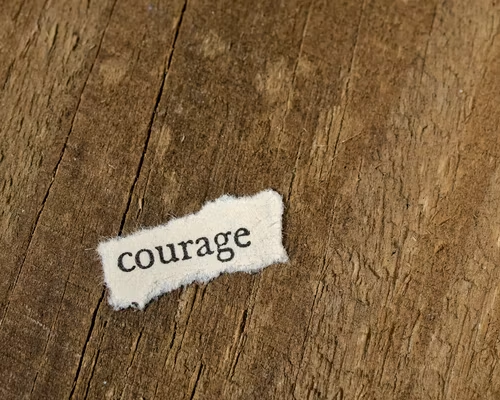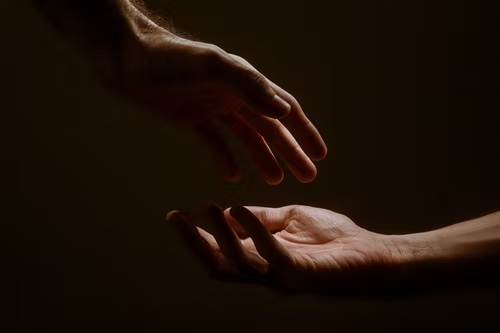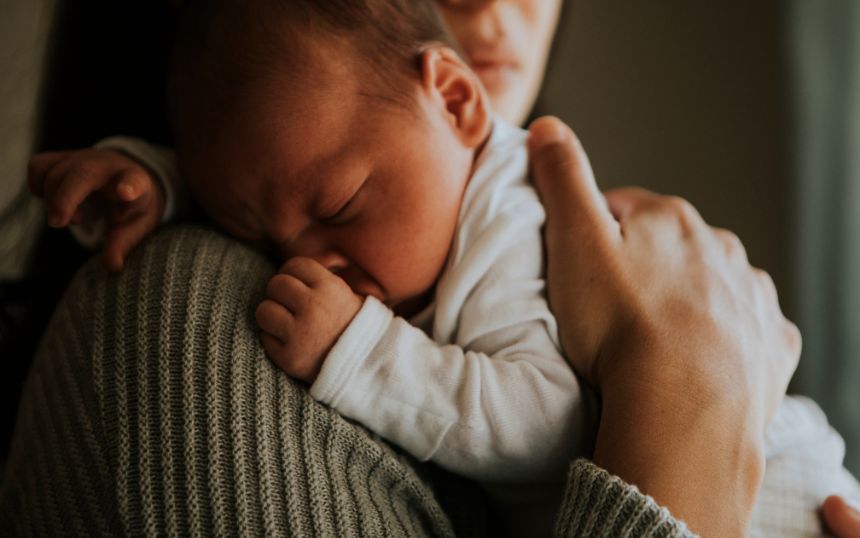Depression Among Men: What you need to know
Are you irritable, isolated, or withdrawing? Do you find yourself working constantly? Are you drinking too much? These maladaptive coping strategies could be indicators of male depression.
Men and women are affected differently by depression. When men experience depression, it may be concealed by maladaptive coping behaviors. Male depression typically goes misdiagnosed for various reasons and can have devastating implications if left untreated. However, male depression improves naturally with treatment. Although sorrow is generally the major symptom of depression for many people, men may be more likely than women to experience rage, aggressive feelings, and substance addiction. Due to the differences in symptoms, and because men are less inclined than women to talk about and seek treatment for depression, many men may suffer undetected depression.
Learn about the signs and symptoms, as well as what to do, in this article.
Men and Depression
Men are prone to depression. According to the American Psychological Association, an estimated 9% of males in the United States experience depression or anxiety daily. In contrast, 30.6 percent of men experience depression at some point. Depression is a mood disorder that affects a person's thoughts, feelings, body, and behavior. Major depression, major depressive disorder, or clinical depression are all terms used by doctors to describe depression. Depression affects 10.4 percent of women in the United States compared to 5.5 percent of males. However, men are four times as likely as women to commit suicide.
One reason for this could be that men are less likely than women to be diagnosed with depression. Suicide is significantly increased by depression. It is critical to understand how depression symptoms differ between men and women. It can assist people in becoming more aware of depression in themselves and their loved ones. The first step toward healing is recognizing depression.
Male Depression Signs and Symptoms
Men and women exhibit different signs and symptoms of depression. Men also utilize different coping strategies, both healthy and harmful, than women. It is unclear why men and women experience depression in different ways. It is most likely due to a combination of factors, including brain chemistry, hormones, and life experiences. Men suffering from depression, like women, may:
- Feel sad, hopeless, or empty
- Feel extremely tired
- Have difficulty sleeping or sleep too much
- Not get pleasure from activities usually enjoyed
- Escapist behavior, such as spending a lot of time at work or on sports
- Physical symptoms, such as headaches, digestive problems, and pain
- Problems with alcohol or drug use
- Controlling, violent or abusive behavior
- Irritability or inappropriate anger
- Risky behavior, such as reckless driving
Since these behaviors may be symptoms of or overlap with other mental health concerns or are related to medical conditions, seeking professional assistance is essential for an accurate diagnosis and proper treatment.
Male Depression Often Goes Undiagnosed
Men with depression often aren't diagnosed for several reasons, including:
- Failure to recognize depression. You may believe that depression or emotional distress is always the primary sign of depression. However, for many guys, this is not the primary symptom. Headaches, stomach issues, weariness, irritability, or long-term discomfort, for example, can all be symptoms of depression. Feeling alone and seeking distraction to avoid dealing with feelings or relationships can also occur.
- Downplaying signs and symptoms. You may be unaware of how much your symptoms affect you, or you may be unwilling to confess to yourself or others that you are sad. Ignoring, repressing, or concealing depression with harmful conduct, on the other hand, will exacerbate the unpleasant emotions.
- Reluctance to discuss depression symptoms. You may be unwilling to discuss your thoughts with family or friends, let alone a doctor or mental health professional. You may have learned, like many males, to value self-control. You may believe expressing feelings and emotions related to depression is unmanly, so you strive to repress them.
- Resisting mental health treatment. Even if you feel depressed, you may resist treatment or refuse to be diagnosed. You may put off seeking help because you are concerned that the stigma of depression will harm your work or lead family and friends to lose respect for you.
When To See A Doctor
Anyone who recognizes this article's emotional, behavioral, or physical changes could suffer from depression. If this is the case, you must see a doctor. A doctor can assist a person in diagnosing depression and provide the appropriate treatment to help them feel better. Untreated depression can be harmful to a person's health. Suicide is associated with depression. As a result, a person suffering from depression must seek treatment as soon as possible. As a result, a person suffering from depression must seek treatment as soon as possible. When it comes to mental health, you really should get help for depression, before it's too late.
Treatment
Depression can be treated in a variety of ways. Everyone reacts differently to treatment, but a doctor can advise a person on which treatment may be best for them.
Among the treatment options are:
- medication
- talk therapy
- cognitive behavioral therapy (CBT)
Coping Strategies
Alongside other treatments, specific lifestyle changes and coping strategies can help a person manage depression.
- Goals. Set realistic goals and prioritize tasks.
- Support. Seek emotional help from a partner, family members, or friends. Learn how to make social relationships to participate in social activities.
- Coping. Learn ways to manage stress, such as meditation and mindfulness, and develop problem-solving skills.
- Decisions. Delay making important decisions, such as changing jobs, until your depression symptoms improve.
- Activities. Engage in activities you typically enjoy, such as ball games, fishing, or a hobby.
- Health. To encourage improved mental health, try to maintain a regular schedule and make healthy lifestyle choices such as a healthy diet and regular physical activity.
How To Help A Loved One With Depression
Suppose a person sees depressive symptoms in a close male friend, lover, or family member. In that case, it is critical to talk to them about it. Asking someone who may be depressed how they are doing is a beautiful beginning step. It is essential to try to be a good listener. Next, encourage them to consult with their doctor. If they are hesitant to disclose how they feel emotionally, tell them they can begin by discussing physical symptoms, frequently leading to a broader discussion about other problems. When assisting someone suffering from depression, it is critical to be patient. Men's behavioral symptoms of depression can sometimes cause relationship problems. Try discussing concerns without being judgmental. A relationship counselor can assist persons in improving their communication skills.
Where To Look For Help
Anyone who suspects they may be depressed should seek medical attention. The doctor may recommend them to a mental health specialist to ensure they receive appropriate care. Anyone who feels unsafe because of suicidal thoughts should dial 911 or visit a hospital.
If someone close to you discusses suicide, do not dismiss it. Speak with their doctor or a mental health specialist for guidance, or call the National Suicide Prevention Lifeline at 1-800-273-8255 or the Substance Abuse and Mental Health Services Administration at 1-800-622-4357.
Conclusion:
Depression symptoms in men may differ from those in women. Men are more prone to experience rage and aggression and engage in substance misuse or dangerous behavior. Increased understanding of the symptoms of depression in males can assist people suffering from the disorder in seeking treatment. Seeking treatment for depression is critical. Suicide is the most common preventable cause of death among men. Treatment can improve a man's mental health and emotional well-being significantly. Major depression, often known as clinical depression, is a significant but treatable mental illness. A person suffering from depression can manage their condition and stay healthy with treatment. People suffering from depression can fully recover.





